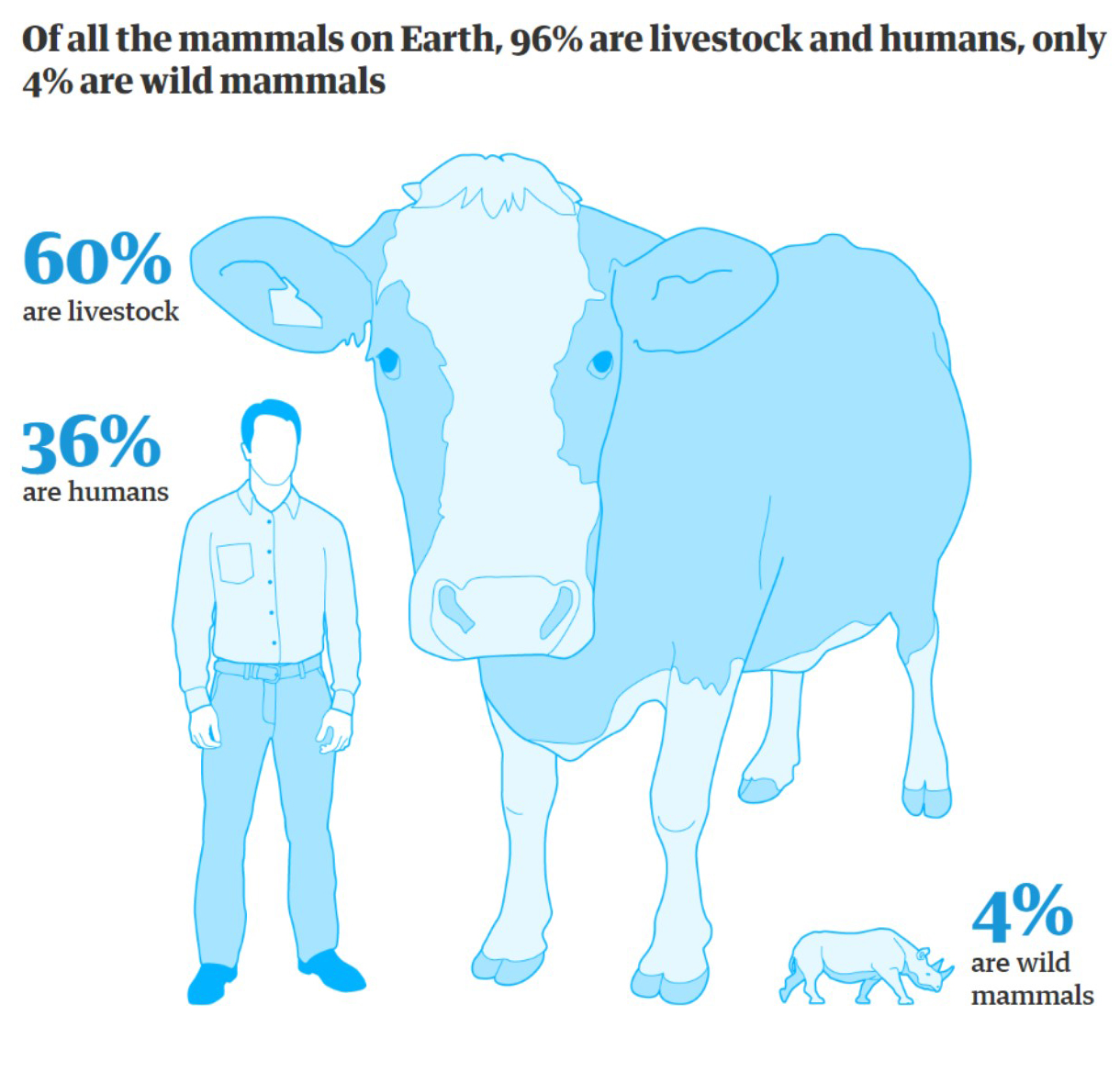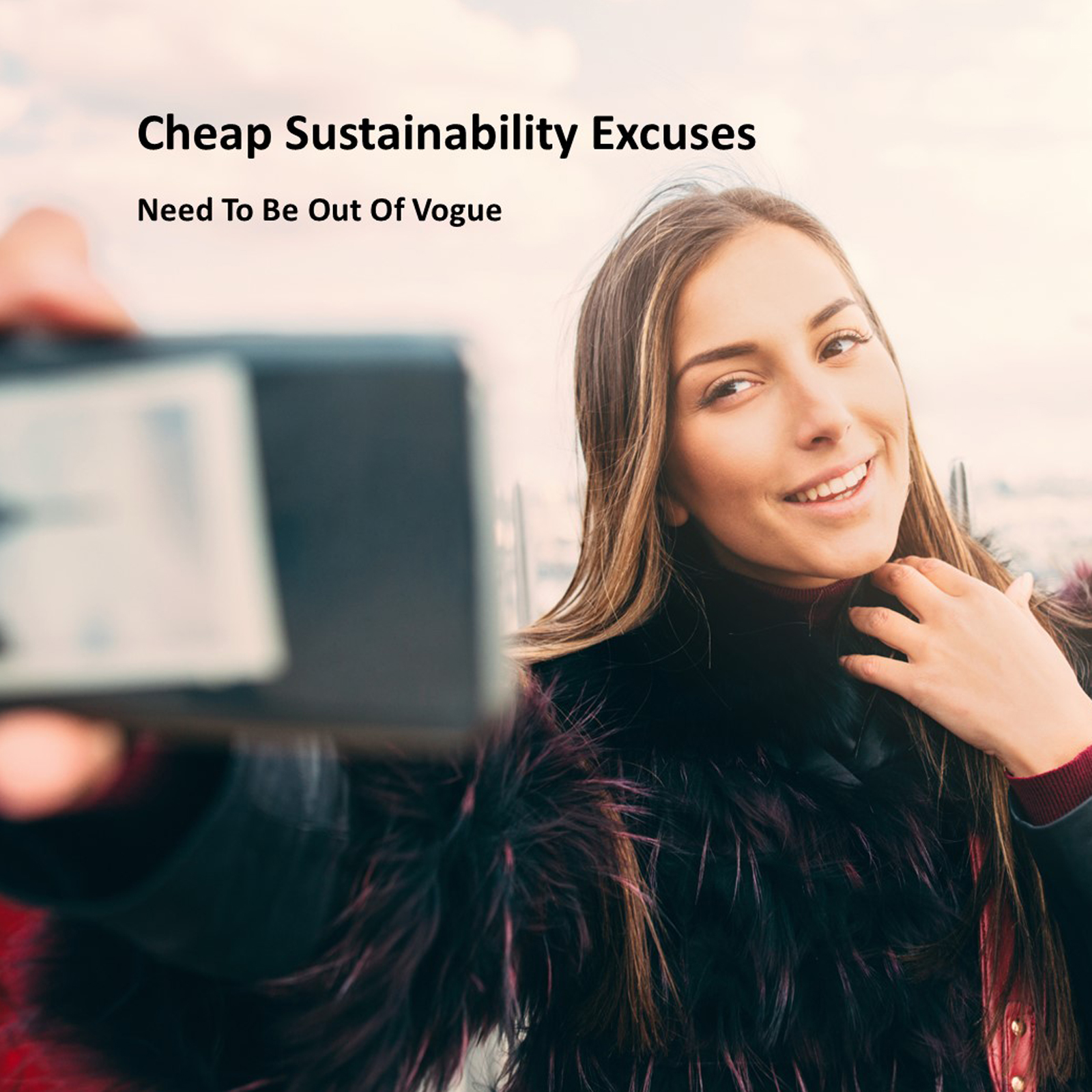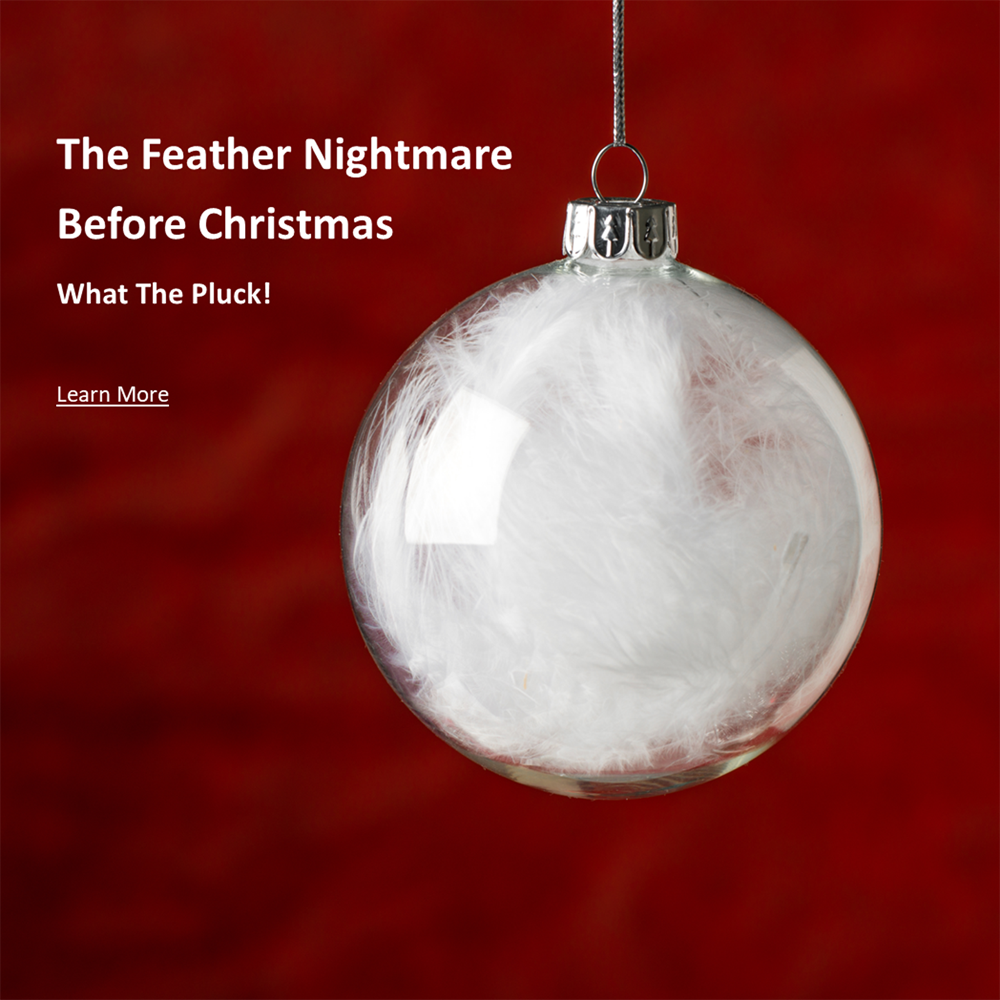The New 1%
Out with the Old 1% and in with the New 1%.
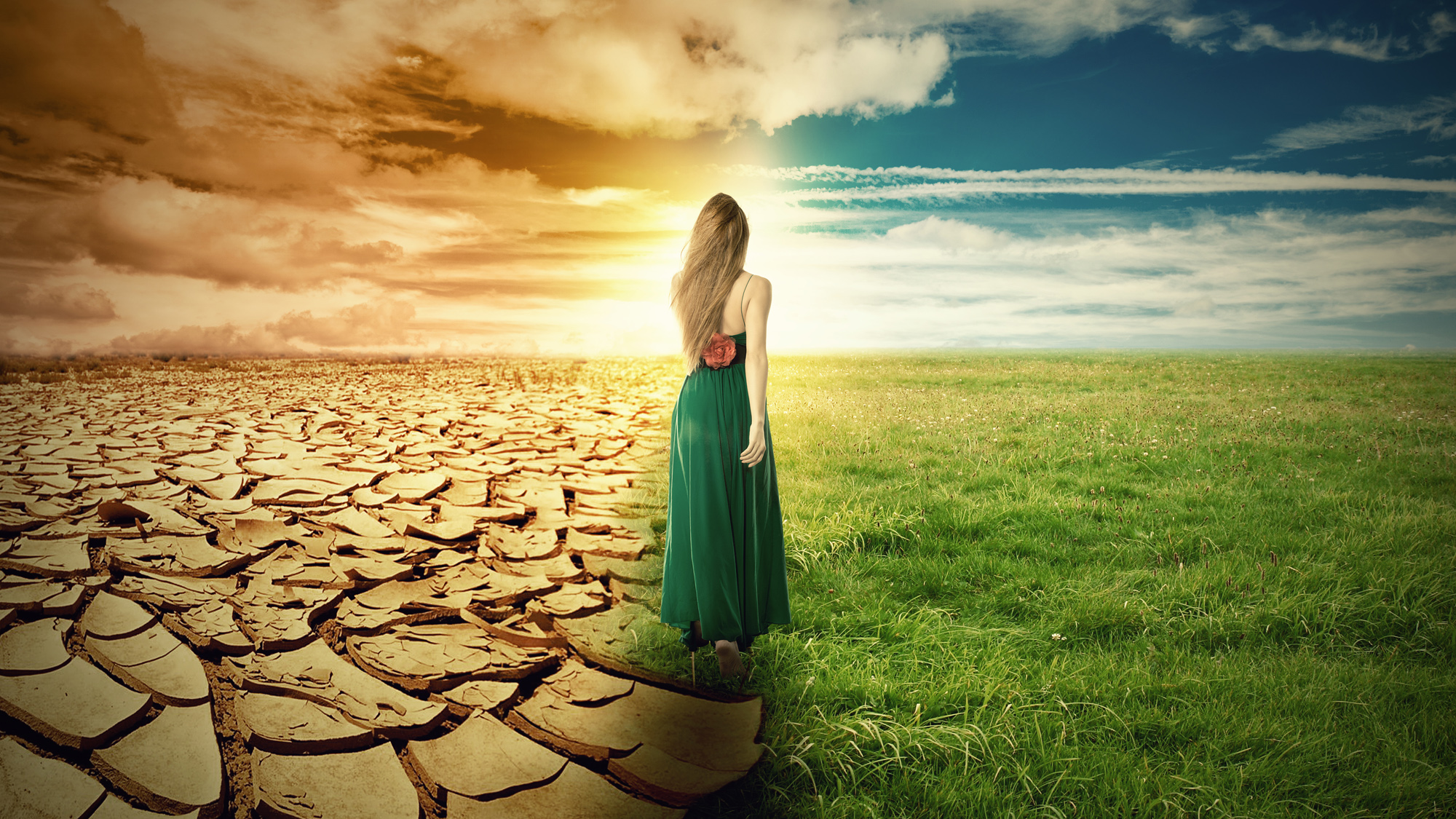
Image SIphotography
Lynn Johnson
7 May, 2020
Periodically, world events remind us what has been tolerated for too long. The global health and economic emergency, caused by COVID-19, has laid bare that there has been too big a focus on creating personal wealth at the expense of taking care of the planet. The fact that the natural world is collapsing has been hidden in plain sight for some time now.
Historically, maintaining balance between people and nature was part and parcel of leadership. What is valued from leaders today has resulted in this equilibrium being lost. Today, when the 1% is discussed, many think of billionaires and the World Economic Forum. But it is this style of leadership that has triggered a climate crisis, with COVID-19 being just the most recent example of why we need a New 1%, who can think and act differently.
This pandemic emerged in 2019, the same year we commemorated 50 years since landing on the moon and the Apollo 11 crew took the wonderful Earthrise images. That day, the astronauts looked down at a planet of 3.6 billion people, less than half of what we have today; and at a planet before people had wiped out over 60% of wildlife populations.
The space program will forever be linked to John F Kennedy’s speech in 1962, in which he said:
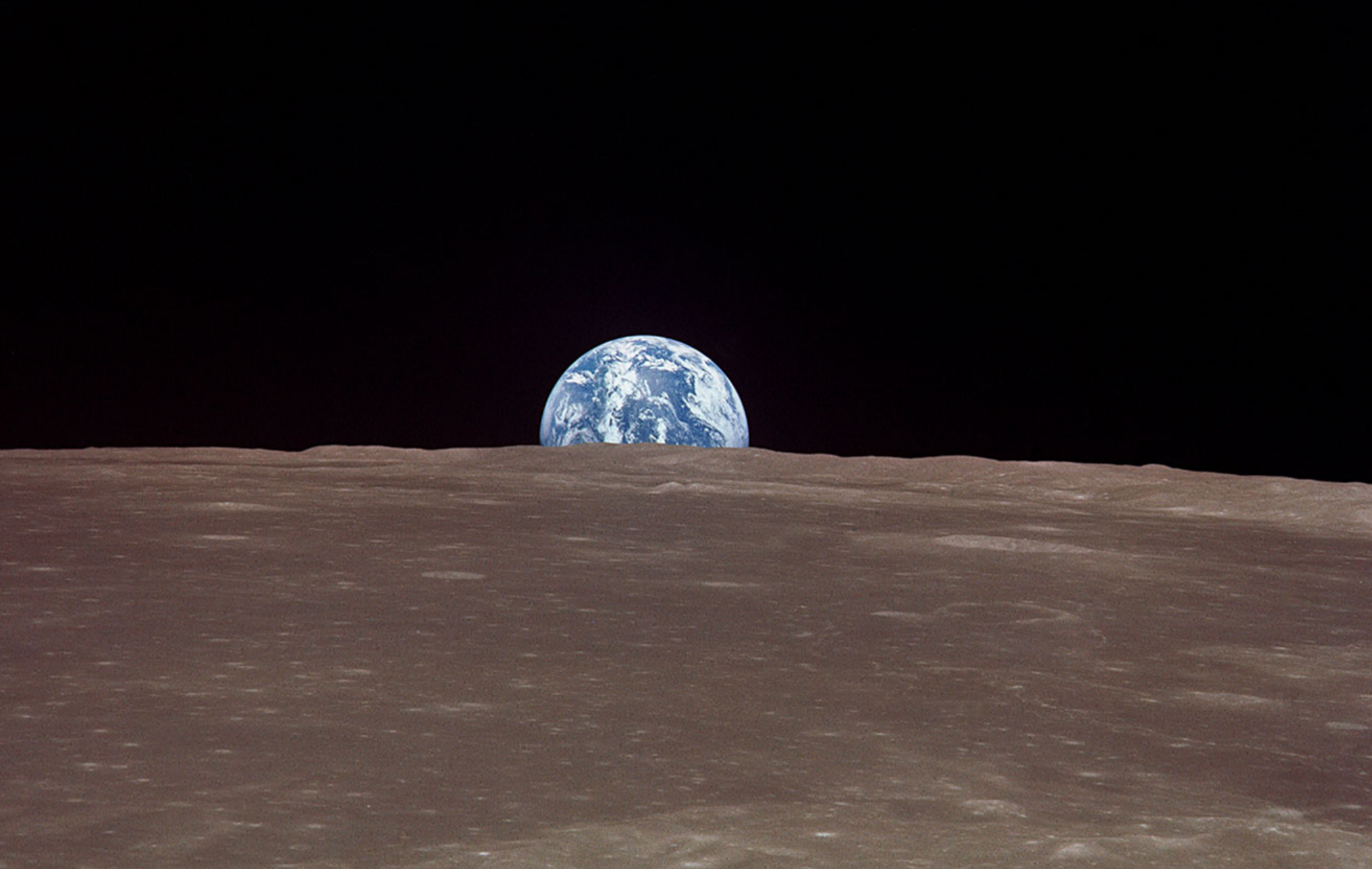
Image NASA
“We choose to go to the Moon in this decade and do the other things, not because they
are easy, but because they are hard;…, because that challenge is one that we are
willing to accept, one we are unwilling to postpone, and one we intend to win.”
JFK and Bobby Kennedy weren’t perfect men, but they were thinkers who supported pushing the boundaries in science and more. How do we compare the current crop of sad, desperate men leading much of the world today? They fear rejection rather than failure, they mistake power for achievement and their self-serving actions means it will be left to their children and grandchildren to fix the environmental and social problems created over the last half century.
The global disruption caused by COVID-19, in addition to the emergence of Greta Thunberg and Extinction Rebellion means a growing number of us are saying loud and clear to Prime Ministers, Presidents and Chairmen: “We have a problem”. But are we asking too much from a group that some academics have called “the pathetic generations”, while others have termed them “obsolete hardware”? Is this just one more piece of evidence that it time for a New 1%?
The New 1% is not a definition of wealth, power or celebrity. The New 1% are people of every generation prepared to take a stance and do something active to force a transition back to taking care of people and the planet, not only the economy. The New 1% refuse to get caught up in life’s noise and they recognise that writer Ed Abbey was right when he said, “Sentiment without action is the ruin of the soul.” The New 1% are people who consistently speak truth to power and challenge the status quo. They are people who don’t wait for the right moment or for that elusive period when they have ‘more time’, they are visibly active all the time.
Perhaps there is no better recent example than Greta Thunberg. The Swedish teenager sat alone at the Stockholm parliament building for the first time in August 2018, holding up a self-painted sign with the words School Strike for Climate. Just over 12 months later she was joined by more than 6 million people, across 185 countries, for the Global School Strike for Climate.
In 50 years from now, in 2070, what will be remembered with pride about this point in time? There is so much that needs to be done to rehabilitate our wonderful world.
The coming years don’t need men like Elon Musk, Jeff Bezos and Richard Branson with their visions to launch elites in to space, leaving the rest of us behind to deal with a ravaged earth. We need leaders who accept the challenge of rehabilitating this planet “as one that we are willing to accept, one we are unwilling to postpone, and one we intend to win.”
The New 1% understand that people are frightened and unable to contemplate the full scale of the looming climate and extinction crisis.
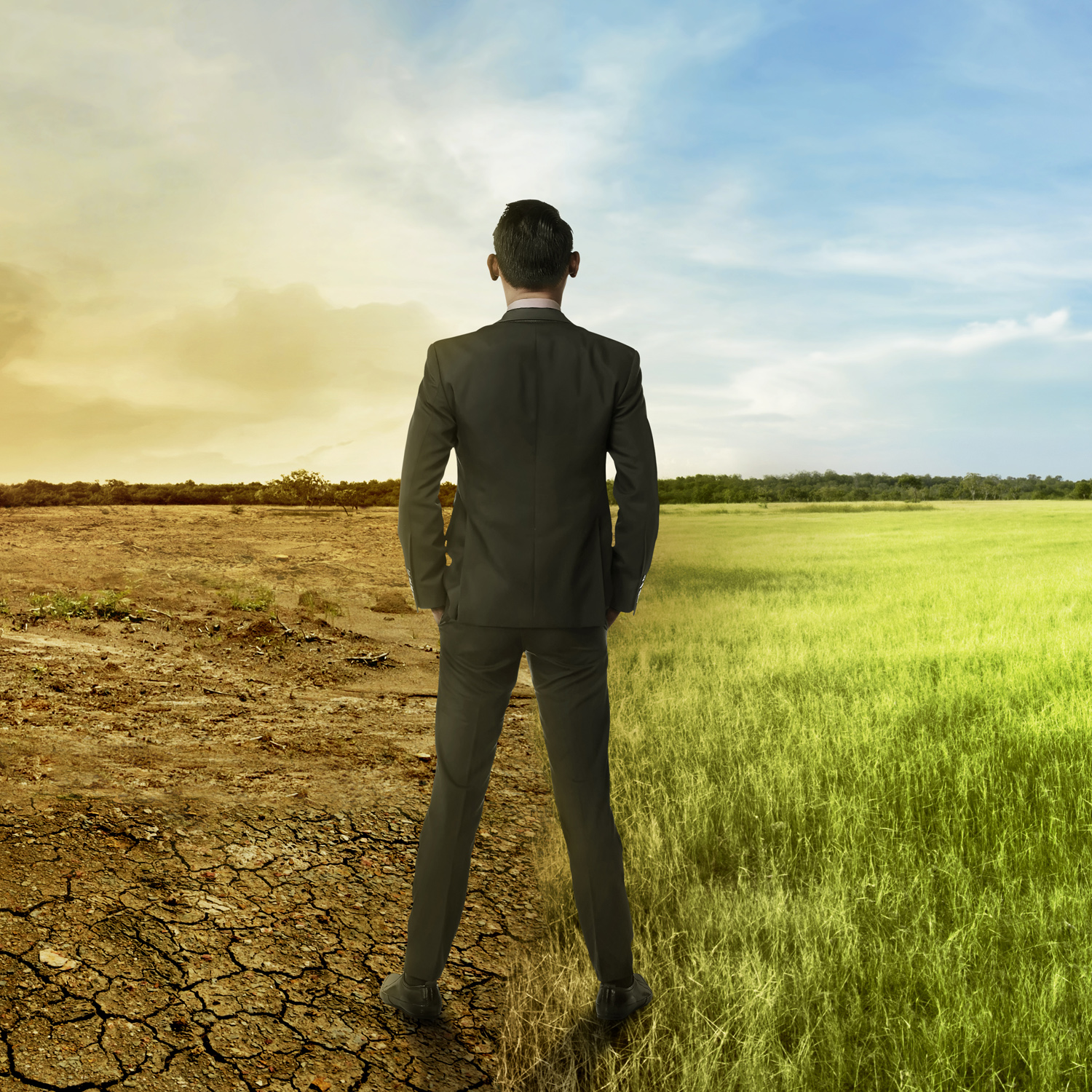
Image SIphotography
The best way to counter fear is to demonstrate that some changes can have impacts in the short term; and these pragmatic starts can provide breathing space for wildlife, the planet and society to recover. This includes changing consumption habits.
HowToSpendItEthically.Org aims to provide some of the insights needed to bridge the chasm between sentiment and action when it come to changing consumption behaviour. And we would love to hear from you, our readers, with your ideas and also if you know someone you feel we should profile as part of the New 1% of leaders the world needs.
We have been told that this decade needs to be a time to heal the planet. This will take a new way of thinking, behaving and leading.
It’s time to clear out the Old 1% and usher in the New 1%.

Subscribe To
[mc4wp_form id=”29″]
